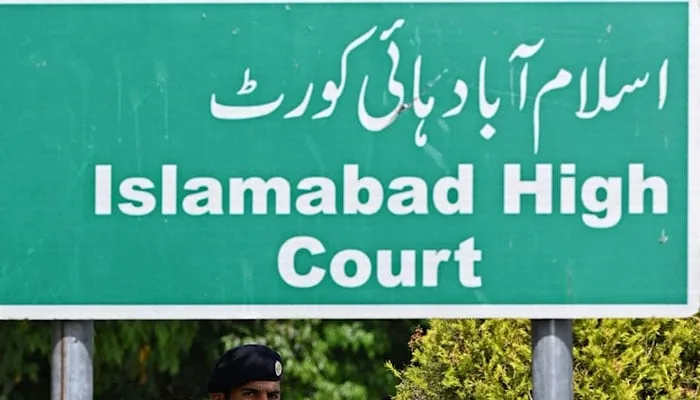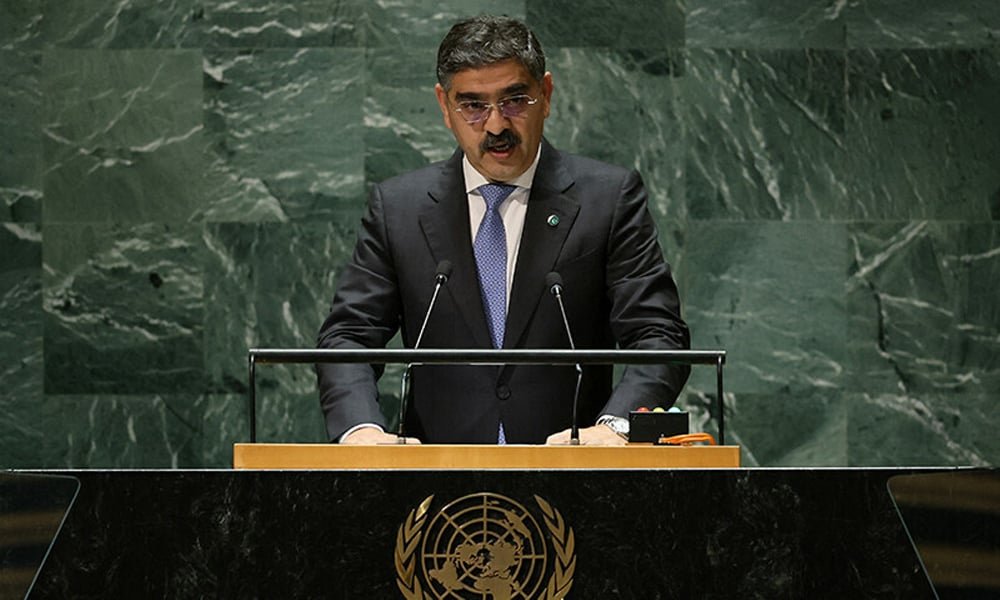In a significant hearing at the Islamabad High Court, Additional Attorney General Manoor Iqbal Dogal disclosed that the Inter-Services Intelligence (ISI) and Intelligence Bureau (IB) are permitted to directly collect data from service providers and other law enforcement agencies when necessary. This revelation came during the proceedings of the audio leaks case, which was presided over by Justice Babar Sattar.
Background and Context
The case addresses concerns about the extent of surveillance and data collection by intelligence agencies in Pakistan. Dogal referenced a precedent set by the Sindh High Court in a missing persons case, where it was ruled that intelligence agencies should have access to data. Following this decision, a new policy was introduced in 2013, establishing a standard operating procedure (SOP) issued by the Ministry of Interior. According to this SOP, authorized officers from secret agencies can request data directly from service providers.
Courtroom Deliberations
During the hearing, Dogal emphasized that the data collection practices were in line with the established policy. However, the Pakistan Telecommunication Authority (PTA) counsel asserted that no agency had been given explicit permission for surveillance. This led to a heated discussion about privacy and legality.
Justice Babar Sattar expressed strong concerns about the invasion of privacy, questioning the unchecked powers of agencies to tap phones and collect data. He rejected the Additional Attorney General’s request for a closed-chamber hearing, stating, “This is not a matter of national security; we will not conduct a mock hearing.”
Legal and Ethical Concerns
The federal government sought to lift the ban on providing data to telecom operators, arguing for the necessity of such measures in the context of national security. Justice Sattar, however, stressed the importance of legality and due process. He remarked that there is no legal framework allowing phone tapping, and what is happening is essentially illegal. He criticized telecom companies for sharing citizens’ data without proper scrutiny, highlighting the absence of warrants for data collection over the past 11 years.
The judge pointed out that Pakistan is not unique in its fight against terrorism and referenced post-9/11 measures in other countries. He called for a balanced approach that respects both security needs and citizens’ privacy rights.
Responsibilities and Accountability
The lawyer representing the telecom company mentioned that providing data is a condition set by the PTA for licensing. Authorized agencies can access up to two percent of all customer data simultaneously. Justice Sattar questioned the responsibility of telecom companies, stating, “If you install the system, then how are you not responsible?”
He announced his intention to issue show-cause notices to the PTA chairman and board members for contempt of court, emphasizing the need for accountability.
Future Proceedings
The court adjourned the hearing, with Justice Sattar asserting that the next session will involve a written mention of the audio leaks case. He reiterated the need for the Supreme Court to review and potentially nullify his decisions if necessary, underscoring his commitment to transparency and legal integrity.
The Islamabad High Court’s scrutiny of data collection practices by intelligence agencies highlights the ongoing tension between national security and individual privacy. The court’s insistence on legality and accountability sets a critical precedent for how such matters are addressed in Pakistan. As the case progresses, it will be closely watched for its implications on privacy rights and the regulatory framework governing surveillance and data collection.



